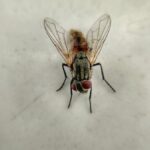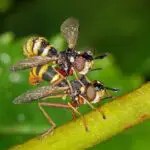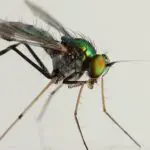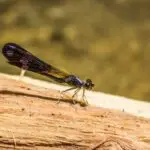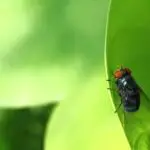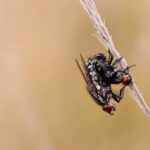Do Flies Have a Purpose?
Most flies lack the mouthparts that larger animals have and use for chewing. This means that they regurgitate their digestive juices on solid food, breaking it down into small pieces. They also have mouthparts called proboscis, which allow them to drink and taste food.
In addition to being useful pollinators, flies also help with decomposition by making organic matter easier for microbes to process. While most animals won’t rely on decaying matter as a source of food, flies are important to a wide variety of organisms. For example, adult flies provide food for frogs, snakes, and other reptiles. Additionally, their larvae are important to crime investigators, since they help to determine when a person died.
Flies are important to our ecosystem, even if they are annoying to us. Flies carry microbes from one part of the world to another. Their purpose is to bring food, but they may also carry harmful bacteria. This is one reason why it is important to screen your windows and doors, and keep the lid on your garbage can to discourage flies.
Despite their small size, flies are extremely noisy. Their thorax vibrates during flight, enabling them to hear and feel other insects nearby. This means that even if you don’t want a fly around, they’ll repeatedly land on you, making it difficult to move away from the area.

